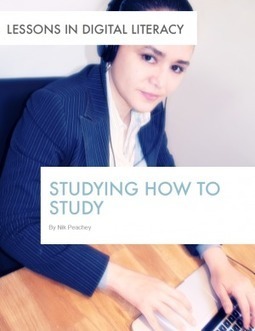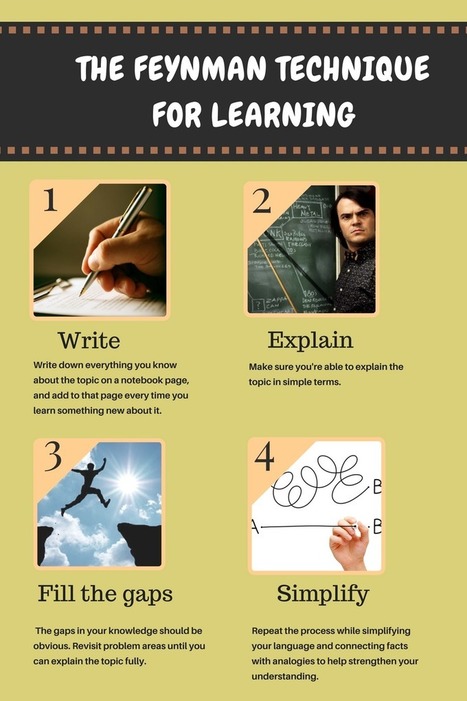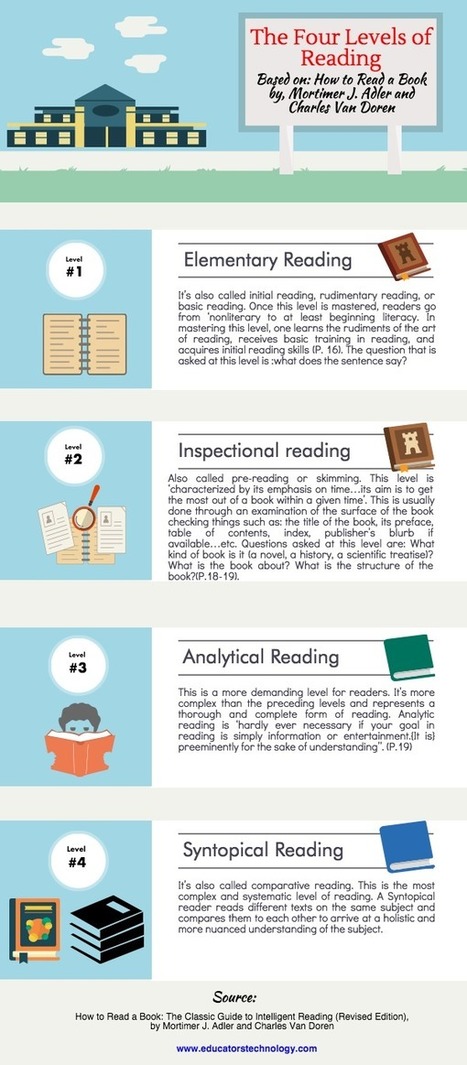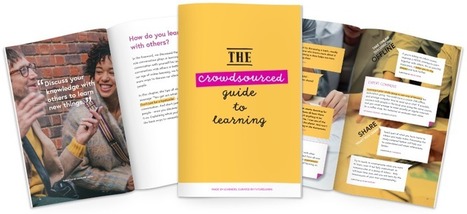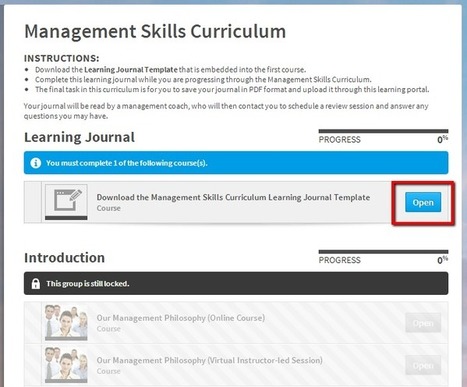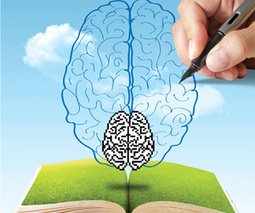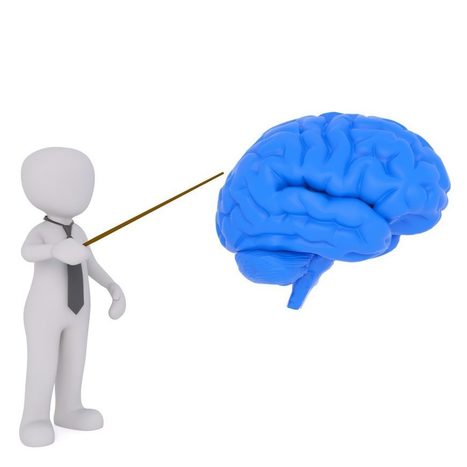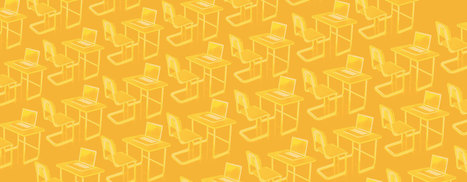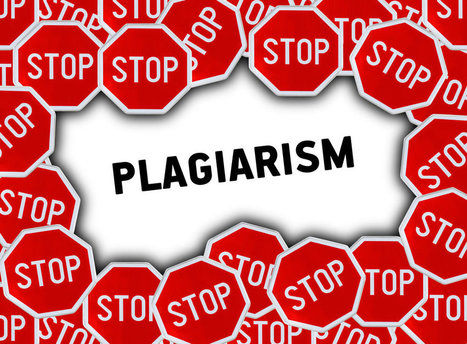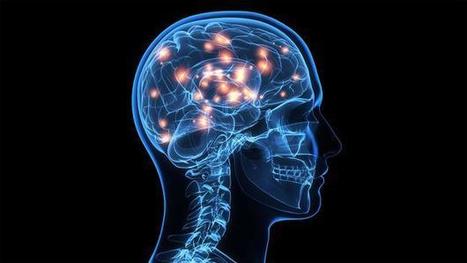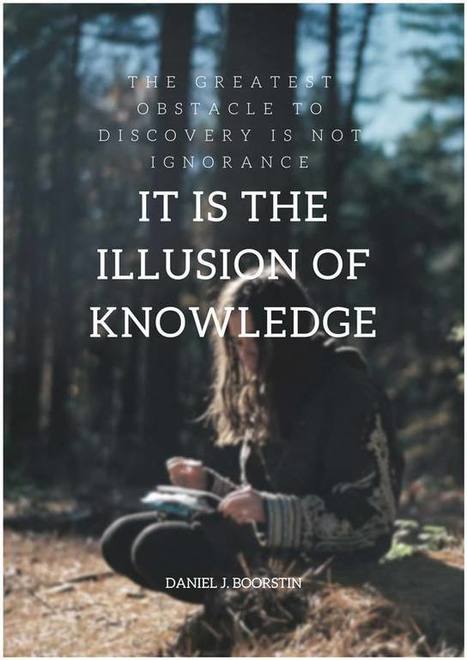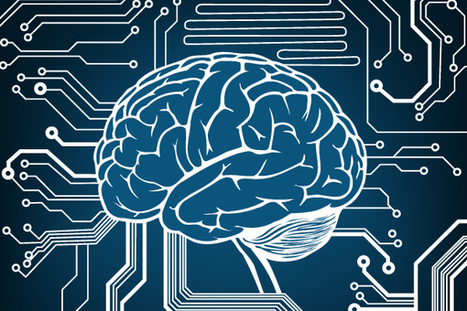In positive psychology, ‘flow’ is a term used to describe the optimal state of consciousness. It’s in this state that we become so energised and absorbed by what we’re doing that all distractions fade into the background and the hours seem to fly by.
Research and publish the best content.
Get Started for FREE
Sign up with Facebook Sign up with X
I don't have a Facebook or a X account
Already have an account: Login
Literacy in a digital education world and peripheral issues.
Curated by
Elizabeth E Charles
 Your new post is loading... Your new post is loading...
 Your new post is loading... Your new post is loading...

Nik Peachey's curator insight,
February 16, 2018 4:33 AM
My lesson plan available for iOS or as PDF.

Volkmar Langer's curator insight,
May 2, 2017 4:42 AM
Reminds me on the feynman lectures which made my own physics study even more exciting.

Begoña Pabón's curator insight,
May 2, 2017 4:12 PM
Una tecnica de éxito probado para un mejor y mas eficaz aprendizaje

Andrea Mejia Medina's curator insight,
May 5, 2017 10:39 AM
By attempting to explain a concept in simple terms, you’ll quickly see where you have a good understanding of that concept. You’ll also be able to instantly pinpoint your problem areas, because they’ll be the areas where you either get stuck or where you end up resorting to using complex language and terminology. In addition to helping you pinpoint those problem areas in the concept you’re trying to learn, the Feynman Technique gives you a quick, efficient way to shore up those areas using targeted learning. It’s a simple technique, but it’ll help you study much more efficiently once you put into action. How to Use the Feynman Technique: Step 1: Grab a sheet of paper and write the name of the concept at the top. You can use pretty much any concept or idea – even though the technique is named after Feynman, it’s not limited solely to math and science. Step 2: Explain the concept in your own words as if you were teaching it to someone else. Focus on using plain, simple language. Don’t limit your explanation to a simple definition or a broad overview; challenge yourself to work through an example or two as well to ensure you can put the concept into action. Step 3: Review your explanation and identify the areas where you didn’t know something or where you feel your explanation is shaky. Once you’ve pinpointed them, go back to the source material, your notes, or any examples you can find in order to shore up your understanding. Step 4: If there are any areas in your explanation where you’ve used lots of technical terms or complex language, challenge yourself to re-write these sections in simpler terms. Make sure your explanation could be understood by someone without the knowledge base you believe you already have. Step 5: think like a child; while you’re working through the Feynman Technique for any given concept, it can be useful to pretend that you’re explaining that concept to a child. Doing this will boost your own understanding for one simple reason; a kid is probably going ask why? Why does that formula work? How can you know it`ll always work? While older people often become accustomed to taking things at face value, kids are naturally curious. They’re quick to point out their confusion. This is a great mindset to adopt.
|

Rosemary Tyrrell, Ed.D.'s curator insight,
August 14, 2015 11:40 AM
Excellent tips for both online and face-to-face presentations. I love the "cast of characters" idea. |






